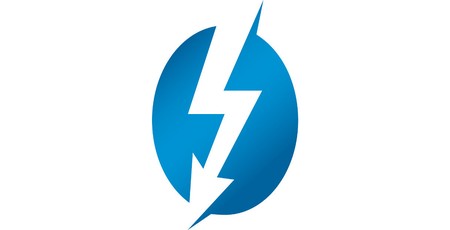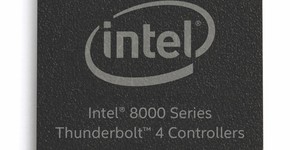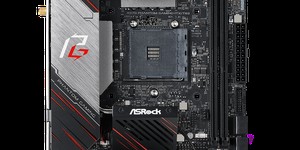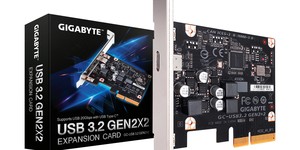
The USB Promoter Group has announced the USB 4.0 specification, to be called USB4, and it looks a lot like Intel's Thunderbolt - mostly because it is, indeed, an extension of Intel's Thunderbolt.
The Universal Serial Bus (USB) standard has become the number one way to connect peripherals to a computer. Launched in 1996 with a whopping peak speed of 12Mb/s - megabits, not megabytes, per second - the USB standard has undergone a number of revisions up to the recently-announced USB 3.2 Gen 2x2 standard with its promise of 20Gb/s of throughput and support for all kinds of bonus features from Power Delivery for charging everything from smartphones and laptops to the ability to carry analogue audio for devices that lack the traditional 3.5mm audio jack.
These days, though, USB has a competitor in the form of Intel's proprietary Thunderbolt, developed in partnership with Apple and first released in 2011. Now in its third incarnation, Thunderbolt includes PCI Express and DisplayPort connectivity, along with USB-like power delivery and USB 3.1 Gen 2, with up to 40Gb/s throughput on a single cable - and, somewhat confusingly, uses the same Type-C connector as plain USB. Adoption of Thunderbolt has, however, been slow, thanks primarily to its proprietary nature - a nature Intel has chosen to shrug off, effectively donating Thunderbolt 3 to become the next USB standard.
'Releasing the Thunderbolt protocol specification is a significant milestone for making today's simplest and most versatile port available to everyone,' claims Intel's Jason Ziller of the move. 'By collaborating with the USB Promoter Group, we're opening the doors for innovation across a wide range of devices and increasing compatibility to deliver better experiences to consumers.'
USB4, then, will be immediately familiar to anyone who has used Thunderbolt 3: It offers dual-lane operation for 20Gb/s throughput on existing USB Type-C cabling or can use yet-to-be-released probably-four-lane-compatible cabling for 40Gb/s peak throughput, offers DisplayPort and PCI Express connectivity alongside traditional USB, and is fully backwards-compatible with both existing USB 3.2, 3.1, 3.0, and 2.0 devices as well as, naturally enough, Thunderbolt 3.
It's not exactly a rebranding exercise, though: While USB4 incorporates the Thunderbolt 3 standard, the USB Promoter Group claims that it 'introduces a new underlying protocol' which is backwards compatible with but not shared by existing Thunderbolt and USB standards. 'The primary goal of USB is to deliver the best user experience combining data, display and power delivery over a user-friendly and robust cable and connector solution,' claims Brad Saunders, USB Promoter Group chair. 'The USB4 solution specifically tailors bus operation to further enhance this experience by optimizing the blend of data and display over a single connection and enabling the further doubling of performance.'
The USB Promoter Group has indicated that the standard is on-track for publication some time in the middle of the year, but has not yet provided a schedule for commercial availability of certified hardware.

MSI MPG Velox 100R Chassis Review
October 14 2021 | 15:04








Want to comment? Please log in.